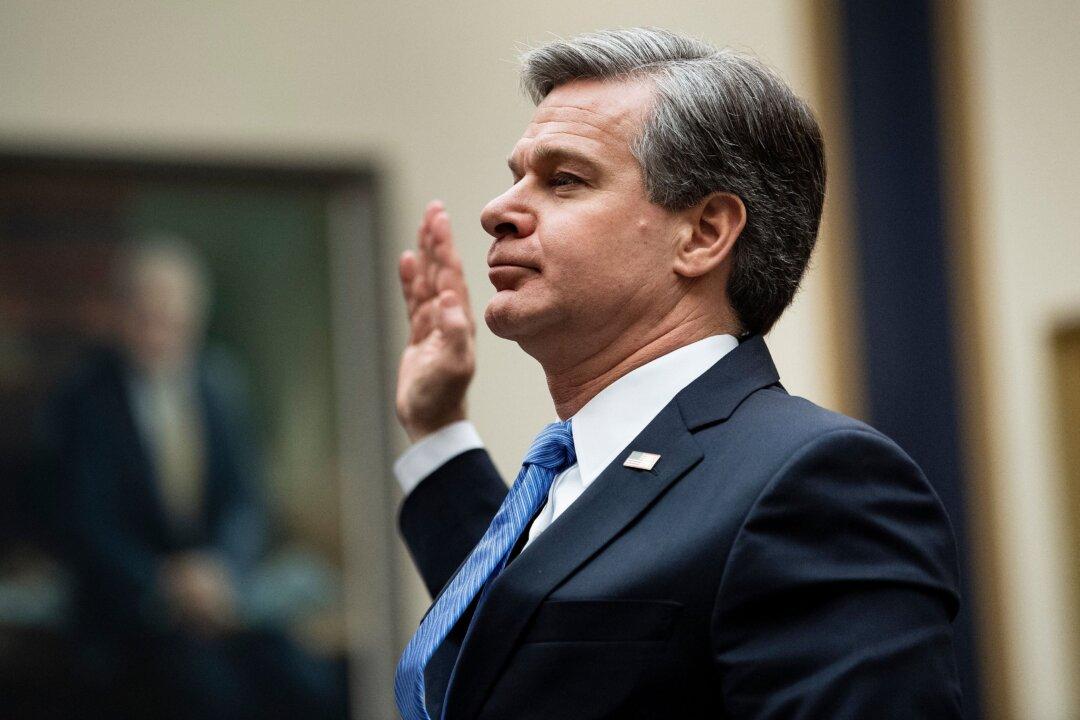News Analysis
While President Donald Trump’s acquittal by the Senate on Feb. 5 dominated the news this week, there were three other significant developments that received little attention.

While President Donald Trump’s acquittal by the Senate on Feb. 5 dominated the news this week, there were three other significant developments that received little attention.